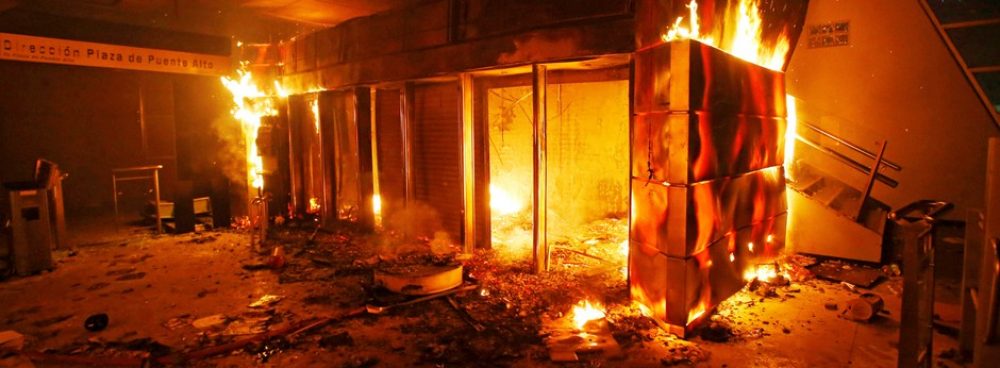What is happening in Russia?
Putin disappeared for almost two weeks. Then he started appearing on the TV screen and said something unintelligible. For the Russian regime, this is bad news, because Putin, even when he appears on the screen, shows weakness and behaves uncertainly. When the Russian Czar behaves like this, it causes rejection from everyone, including from the highest officialdom. The whole situation, with the unconvincing and occasionally disappearing Czar Putin, reminded me of the situation after June 22, 1941. On this day, the Wehrmacht attacked the Soviet Union and pinned down the Red Army, having killed or captured 3 million soldiers in a few months. At that time, Stalin disappeared until July 3 i.
Real assistance to the population is hardly provided ii. Putin said that people should stay at home, and at the same time they will receive a wage. But he has not centrally imposed any ban on going to work. And in addition, he did not introduce a system that obliges businesses to pay wages. What he said was just words. So businessmen said that they don’t care what Putin says – either you work, or we dismiss you. Millions of people continue to work in Moscow and other cities.
Putin left a number of important decisions on quarantine to the discretion of the regions. This is also a bad sign for the Kremlin. The weakening of the center is accompanied by the strengthening of regions that have received special powers for anti-crisis measures. In principle, both processes are correlated and both indicate developing cracks in the foundation of the system and the threat of “feudalization”. However, now there is no request for the collapse of the state.
So regional governors have taken up the task. In some regions, quarantine is only introduced. Slightly. In the North Caucasus Republic of Ingushetia, the population have massively refused to comply with the quarantine due to the fact that people do not have money. People move freely in cities and towns, they work, buy food at markets, and celebrate weddings. This has led to an increase in diseases, now in Ingushetia every day dozens of people are admitted to hospitals with a diagnosis of pneumonia iii. The problem is that people have no choice, they have to go to work to survive.
In Moscow, the situation is strange. Moscow mayor Sergei Sobyanin has introduced special electronic passwords for those who want to take the metro to work (you must get such a password at the city municipality or a from your boss at the workplace). It is being suggested that in the future people will have to enter special passwords if you want to leave the house for food, but this is still being discussed. However, the introduction of electronic passes immediately led to disaster. Since no one is paying wages to most Muscovites, millions of people have to continue to work. Cafes, restaurants and non-grocery stores are closed, but many businesses are open. Early on Wednesday (April 15th) morning, about 1 million Muscovites came to 330 metro stations. At each station police officers were waiting for them, checking their passwords. Immediately, there were traffic jams. Thousands of people were squeezed into crowds at the narrow entrances to metro stations. People stood close together for a long time in 330 crowds. There is little doubt that many were infected at this point…
As far as I can see, there is growing public anger against the regime on the one hand, and fear of illness on the other. This is also a negative scenario for the government.
Thus in Russia we can see
А) Some weakening of the Central power of the Kremlin
B) Strengthening of the power of regional governments
C) Growth of public irritation and anger.
On April 20th, there was a riot in the North Caucasus Republic of Ossetia (a subject of the Russian Federation inhabited by a people called Ossetians; they are mainly Christians and speak a language close to Farsi). The authorities in Ossetia kept silent about the real number of Coronavirus cases, and poorly organized the process of hospitalization and treatment. As a result, masses of people began to flock to the center of Vladikavkaz (the capital of Ossetia) and put forward demands to the government to fix the situation. https://www.facebook.com/100000508025633/videos/3605409226152643/
As expected, the month of “self-isolation”, which left thousands, if not millions of people without means of livelihood, provoked mass discontent. The day of April 20 seeems to have become a turning point. Residents of Vladikavkaz in Ossetia went to the rally, some of the police refused to disperse the protesters. Demonstrators began throwing stones at the remaining guards. However, Police in Vladikavkaz track the cars of protesters, and then arrest people on the road.
Meanwhile, in other cities protests took place on the internet. In Rostov-on-Don, a self-isolated “rally” was held in YandexMaps. People wrote demands for an emergency declaration (in this case, demanding the government be obliged to pay money for those who lost their jobs and businesses), some demanding the overthrow of the dictatorship. Individual users in Moscow, St. Petersburg, Yekaterinburg, Krasnoyarsk and other cities joined the “rally”.
However, the Russian monarchy can be very stable in spite of everything, in conditions of fear and the passivity of the population. But clearly some people are starting to not be so passive.
